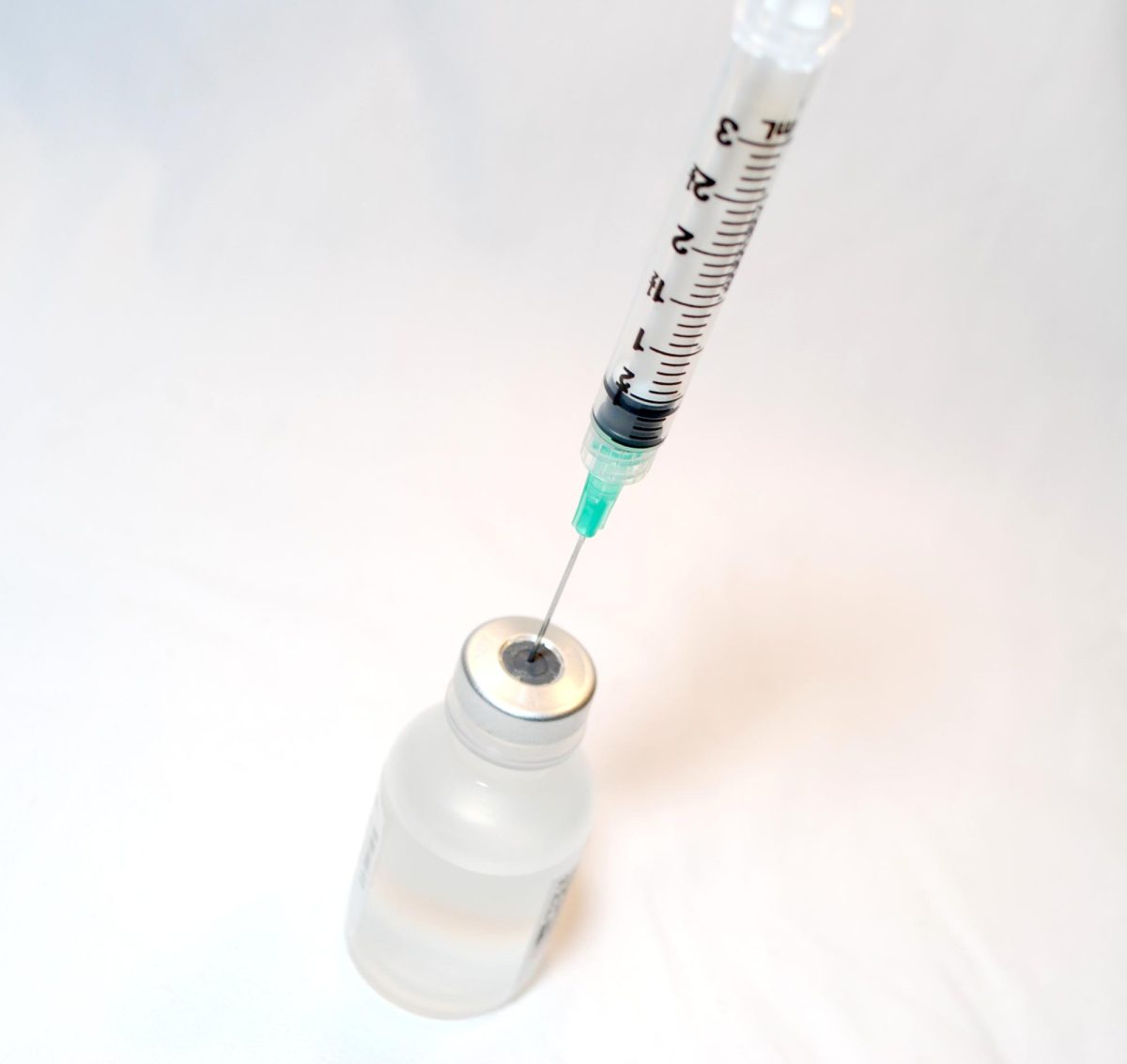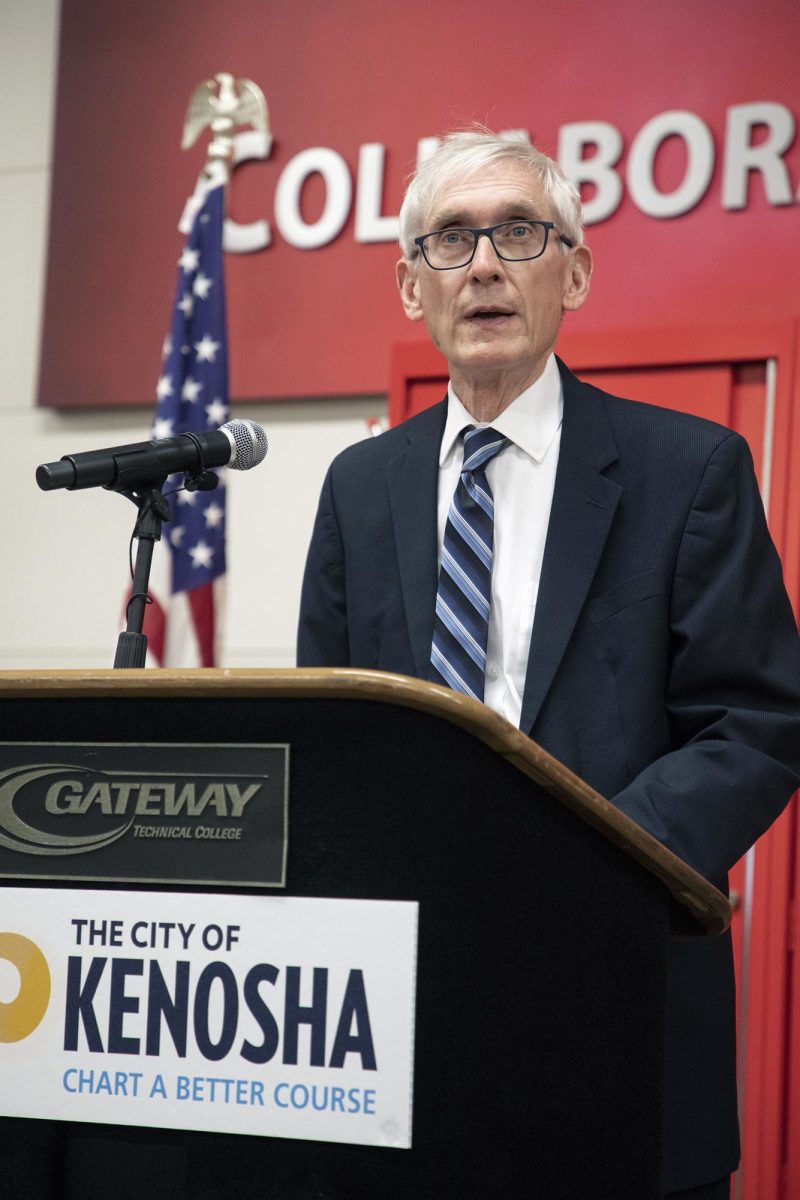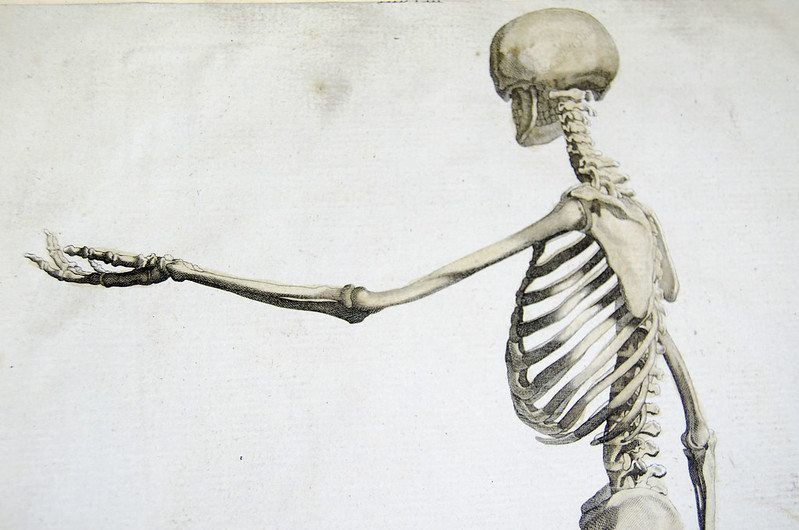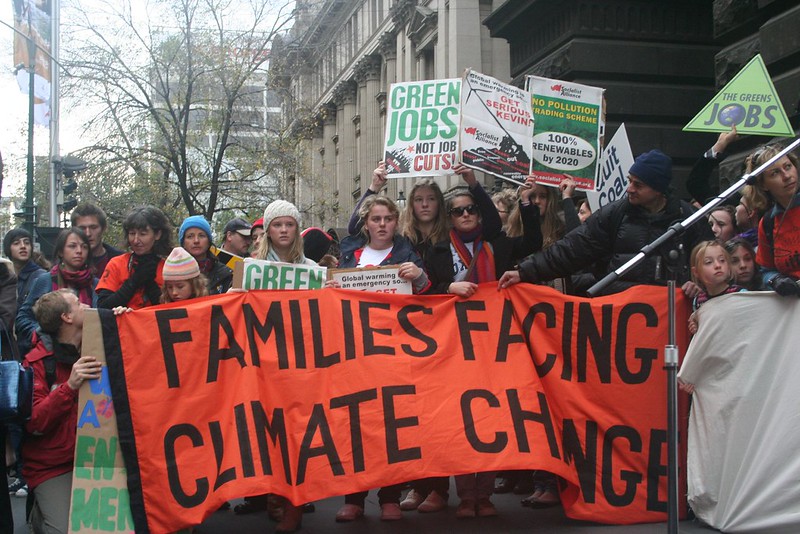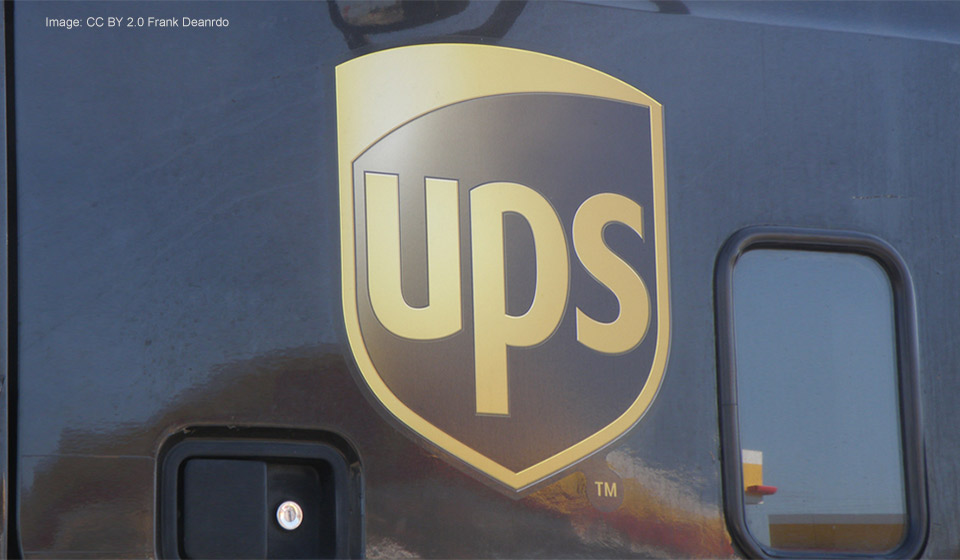A recent vote, held by 58% of Teamsters union members, resulted in 86% in favor of a new five-year contract with UPS to end the threat of a strike. The International Brotherhood of Teamsters is a union that represents over 300,000 workers of the United Parcel Service (UPS), and after significant time bargaining, a conclusion was reached between the union and UPS on July 25, approximately a week before the planned strike, since the previous contract expired on August 1, 2023.
According to the union, the new five-year agreement includes a minimum wage increase of $7.50 per hour over a five-year period, along with a minimum wage jump for part-time employees from less than $17 per hour to $21 per hour. For those drivers working full time, the pay after four years increased from $42 to $49 an hour, representing one of the largest increases since UPS was founded in 1907. To top this off, a raise of $2.75 per hour will be in effect for all employees regardless of position. These gains come after initial negotiations in early July didn’t offer enough to the more than 50% of workers who are employed part-time at the corporation.
In addition to concerns about low wages, UPS also addressed complaints regarding worker safety. Based on a 2018 petition created by nurse Theresa Klenk, the spouse of a UPS driver who almost died of heat stroke, UPS has agreed to some accommodations. Posted on change.org, Klenk’s petition gained over 1.3 million signatures and brought to attention the lack of air conditioning in UPS vehicles, especially during hot summer months. The effort was also supported by the Teamsters, as they tweeted “EXPOSE UPS INACTION ON HEAT SAFTEY.” While UPS did not agree to entirely integrate air conditioning into its vehicles, major improvements are being made to help alleviate safety concerns. This includes fans being installed in package cars, air induction vent integration, and exhaust heat shields being added to newer vehicles. Also, new trucks bought by the company after January 1, 2024 are required to have air conditioning built in as part of a longer phase out of old vehicles. Based on data from the Occupational Safety and Health Administration, some drivers have experienced 126 degree Fahrenheit heat indexes in cabs, with up to 150 degrees documented in southernmost states.
Although UPS did make concessions with the contract, it is at long-term benefit to both the corporation and workers, as according to company CEO Carol Tome, UPS had lost approximately a million packages per day compared to other groups. To add, this metric was for the second financial quarter ending in June and threatened to worsen had UPS employees gone on strike. Even still, UPS has profited greatly in the past few years, especially given the COVID-19 pandemic, with an adjusted net income increase of approximately 70% over the last five years.
Now, with such a large deal made for its members, the Teamsters union hopes to expand contracts such as this to other companies as well. Although some corporation workers aren’t unionized, union president Sean O’Brien stated that he hopes that the UPS arrangement will serve as “template for how workers should be paid and protected nationwide,” calling special attention to Amazon and other package distributors.






























